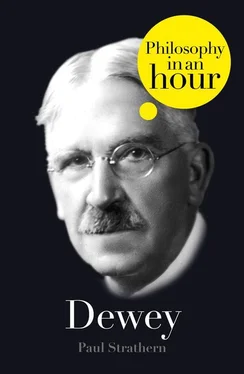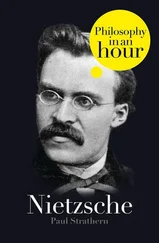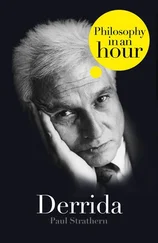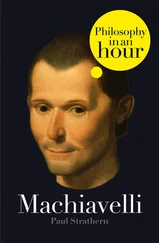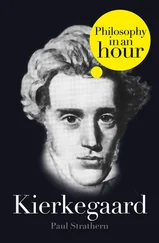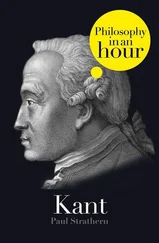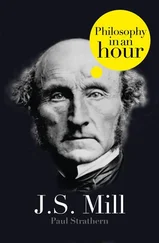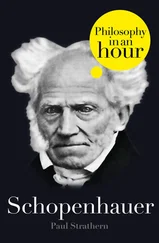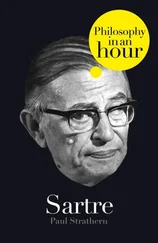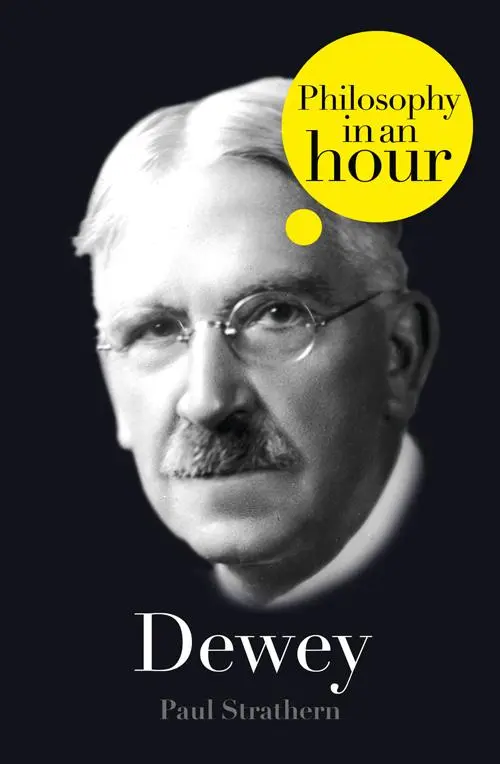
Dewey
PHILOSOPHY IN AN HOUR
Paul Strathern

Cover
Title Page Dewey PHILOSOPHY IN AN HOUR Paul Strathern
Dewey’s Life and Works
Afterword
Further Information
From Dewey’s Writings
Chronology of Significant Philosophical Dates
Chronology of Dewey’s Life and Times
Recommended Reading
About the Author
Copyright
About the Publisher
During the first half of the twentieth century, John Dewey was regarded in America as the foremost philosopher of his age. This was no mean feat at a time when Bertrand Russell, Wittgenstein, and Heidegger were all alive and producing some of their finest work. Russell himself called Dewey ‘the leading living philosopher of America’. The fact that Dewey had once saved Russell’s life should not be seen as influencing this view. Both men took philosophy far too seriously to let any such indebtedness influence their opinions. Russell also described Dewey as ‘a man of the highest character, liberal in outlook, generous and kind in personal relations, indefatigable in work’. But this did not stop him from regarding Dewey’s pragmatic view of truth as nothing less than a philosophic catastrophe, liable to lead to lunacy. In Russell’s view: ‘The concept of “truth” as something dependent upon facts largely outside human control has been one of the ways in which philosophy hitherto has inculcated the necessary element of humility. When this check upon pride is removed, a further step is taken on the road towards a certain kind of madness.’
John Dewey was born October 20, 1859, close to the Canadian border in Vermont. The states of Texas, California, and Florida had only recently been admitted to the Union; the internal combustion engine would not be invented until the following year; and there were the first rumblings of a civil war between the Northern and Southern states. The Dewey family had been Vermont farmers for three generations, and Dewey’s father, Archibald, ran a local grocery business in Burlington, which was then a small but thriving lumber city on the banks of Lake Champlain. His mother, Lucinda, came from a well-known local political family – John’s great-grandfather had been a Washington congressman for ten years.
John Dewey’s early childhood was disturbed by the Civil War, which broke out when he was just a year old. Although Archibald Dewey was already forty, he immediately responded to Lincoln’s call for volunteers and enlisted as a quartermaster in the 1st Vermont Cavalry. When he was sent south, Lucinda took the family to Virginia so that they could remain together, and they did not return to Burlington until the Civil War ended. By now Burlington was in the process of becoming the second largest lumber depot in the country. Amidst the atmosphere of booming business, the middle classes (which included the Deweys) lived in conditions of some prosperity. Meanwhile, down by the lakeside, squalid tenements housed the poor immigrant workers, who were mainly Irish and French Canadian. These slums were described in a contemporary local report as ‘abodes of wretchedness and filth’ which had become ‘haunts of dissipation’. Unlike many of the well-to-do families, the Deweys did not remain indifferent to such social injustice, and Lucinda Dewey undertook philanthropic work. As a result, though her son John was brought up and educated amidst ‘old American’ culture, he was constantly aware of what life was like on the other side of the tracks.
Young John had an evangelical Christian schooling, which left a marked influence on his character and outlook. For years to come he would believe that redemption meant ‘to be delivered from the dominating lower life of the flesh, to be rescued to the higher life of the spirit, and to be shaped into a spiritual manhood’. He would remain a practising Christian throughout his long life. The moral and compassionate outlook he received from his faith would colour not only his philosophical but also his social views.
After showing academic promise in high school, Dewey went on to study at the University of Vermont, where students who frequented the local billiard parlours and other ‘objectionable places of resort’ were open to expulsion. But as is often the case with university authorities, such public strictures were little more than a vain attempt to curb the usual student behaviour. The University of Vermont was no more or less rowdy than similar institutions at the time, and John Dewey is listed as having taken part in his fair share of student misdemeanors (helping imprison a hapless instructor in his classroom, repeatedly failing to turn up for military drill, and so on).
Dewey graduated in 1879 and took up a teaching post at a high school in Oil City, Pennsylvania. By now the Pennsylvania oil boom was at its height. In Oil City and the surrounding countryside, ‘derricks peered up behind the houses, thronged the marshy flats, congregated on the slopes, climbed the precipitous bluffs and clung to the rocky ledges’. Dewey remained a schoolteacher for three years. His inexperience and ‘old American’ manners prevented him from being a successful teacher. One of his pupils later recalled ‘how terribly the boys behaved, and how long and fervent was the prayer with which he opened each school day’. But it was during this time that Dewey’s interest in philosophy began to deepen. 1877 had seen the bicentenary of Spinoza’s death, and the result had been a revival of interest in his philosophy, with a succession of articles discussing his ideas appearing in magazines over the next few years. Dewey began reading Spinoza, finding solace in the spirituality and geometrical abstraction of his philosophical method. On the other hand, he was unable to accept Spinoza’s pantheism, which saw the world as God, and God as the world. In Dewey’s view, this simply did not take account of the world as we lived in it. Experience in general, and doubtless classroom experience in particular, had taught Dewey that the world around us is not entirely divine. He wrote an article setting out his criticism and sent it to the Journal of Speculative Philosophy , where it was eventually published.
Encouraged by this turn of events, Dewey borrowed $500 from an aunt and registered for advanced study in philosophy at the Johns Hopkins University in Baltimore. At the time, the research and graduate program there was considered the finest in the land, the only one in America to match those at the leading European universities such as Cambridge, the Sorbonne, and Heidelberg. While studying at Hopkins, Dewey fell under the influence of Sylvester Morris, a professor of philosophy who was a leading neo-Hegelian. In later life Dewey still remembered Morris being possessed of ‘an ardour for ideas which amounted to spiritual fervour’. Dewey quickly became converted to Morris’s neo-Hegelian ideas. To this point he had found himself troubled by the many dualities he had encountered in life: the contrast between his comfortable upbringing and the shanty slums of Burlington, the spirituality he professed in church and the natural exhuberances of young manhood, his own well-intentioned kindliness and the indiscipline of his pupils. Neo-Hegelianism showed him a way to overcome these difficulties.
Читать дальше
